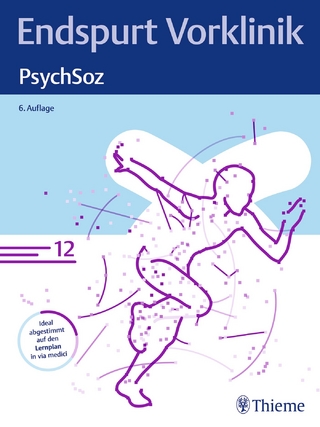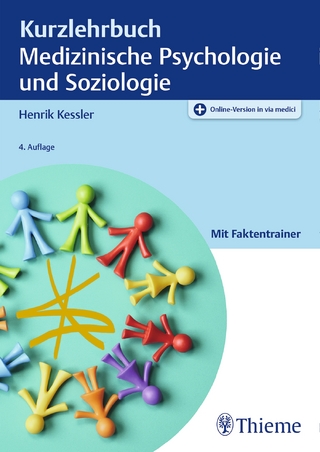
Stigma Syndemics
Lexington Books (Verlag)
978-1-4985-5214-1 (ISBN)
Central to this volume, and critical to its unique creative significance and contribution, is the conceptual unification of syndemics and stigma. Syndemics theory is increasingly recognized in social science and medicine as a crucial framework for examining and addressing pathways of interaction between biological and social aspects of chronic and acute suffering in populations. While much research to date addresses known syndemics such as those involving HIV, diabetes, and mental illness, this book explores new directions just beginning to emerge in syndemics research – revealing what syndemics theory can illuminate about, for example the health consequences of socially pathologized pregnancy or infertility, when stigmatization of reproductive options or experiences affect women’s health. In other chapters, newly identified syndemics affecting incarcerated or detained individuals are highlighted, demonstrating the physical, psychological, structural, and political-economic effects of stigmatizing legal frameworks on human health, through a syndemic lens. Elsewhere in the volume, scholars examine the stigma of poverty and how it affects both nutritional and oral health. The common thread across all chapters is linkages of social stigmatization, structural conditions, and how these societal forces drive biological and disease interactions affecting human health, in areas not previously explored through these lenses.
Bayla Ostrach is research scientist at the Mountain Area Health Education Center and appointed faculty in the Medical Anthropology and Cross-Cultural Practice program (MACCP) at Boston University School of Medicine. Shir Lerman is post-doctoral fellow in Prevention and Control of Cancer Training in Implementation Science (PRACCTIS) at the University of Massachusetts Medical School. Merrill Singer is professor in the Departments of Anthropology and Community Medicine at the University of Connecticut and senior research scientist at the University of Connecticut's Institute for Collaboration on Health, Intervention, and Policy (InCHIP).
Chapter 1: Abortion Complication Syndemics: Structural Stigma, Pathologized Pregnancies, and Health Consequences of Constrained Care
Chapter 2: The Syndemic of Endometriosis, Stress and Stigma
Chapter 3: Pathologized Bodies, Embodied Stress, and Deleterious Birth Outcomes: Iatrogenic Effects of Teen Pregnancy Stigma
Chapter 4: The Multiple Stigmas of the PDI Syndemic: Poverty, “Racial"/Ethnic Discrimination, Incarceration, and Reproductive and Familial Risk
Chapter 5: Sickness in the Detention System: Syndemics of Mental Distress, Malnutrition, and Immigration Stigma in the United States
Chapter 6: Stigma Syndemic among People with Intellectual Disability who have been Incarcerated
Chapter 7: Stigma as a Driving Force in the Basic Causes of Malnutrition-Related Syndemics in Guatemala
Chapter 8: ‘Toothless Maw-maw can’t eat no more’: Stigma and synergies of dental disease, diabetes, and psychosocial stress among low-income rural Appalachians
| Erscheinungsdatum | 31.01.2018 |
|---|---|
| Co-Autor | Jesse T. Young, Kate van Dooren |
| Verlagsort | Lanham, MD |
| Sprache | englisch |
| Maße | 156 x 239 mm |
| Gewicht | 572 g |
| Themenwelt | Studium ► 1. Studienabschnitt (Vorklinik) ► Med. Psychologie / Soziologie |
| ISBN-10 | 1-4985-5214-5 / 1498552145 |
| ISBN-13 | 978-1-4985-5214-1 / 9781498552141 |
| Zustand | Neuware |
| Haben Sie eine Frage zum Produkt? |
aus dem Bereich


